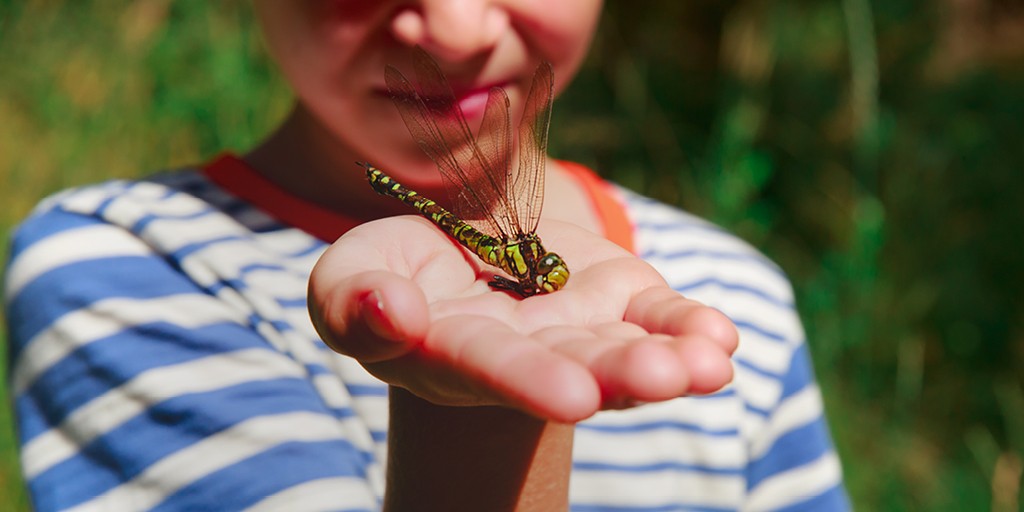Celebrate Earth Day
Exactly 50 years ago, April 22, 1970, the very first Earth Day was celebrated. At that time, environmentalism was growing and concerned people were looking for a way to generate even more interest in protecting the natural world. Over the years, Earth Day has continued to grow but one key point has always remained: it isn’t just a day of celebration, it is a day to lend a hand with conservation.
It is easier than ever to find conservation projects right in your own backyard. One fun and powerful way you can help is by participating in a citizen science project. If you haven’t been exposed to the idea of citizen science, it is the idea that scientists can tap into the interests, time, and work of ordinary people to collect valuable data.
Here are a few citizen science projects that our library staff love, as well as some eBooks to help you get started on a project that suits your interest:
eBird – One of the oldest online citizen science projects, eBird is run through the Cornell Lab of Ornithology and is nothing more than a giant database that collects info about birds people see. It is free to create an account and the data generated helps ornithologists track bird migration and changes in species distribution. It is also a great tool for finding more birds. Learn more.
iNaturalist – Very similar to eBird, but addressing the wider natural world. This is an easy-to-use tool for collecting information about everything from insects and animals to wildflowers and trees. It supports many scientific projects, including the annual City Natural Challenge bioblitz that runs from April 24-27. Beyond the scientific benefits, it is a great tool for identifying the flora and fauna that surround us daily.
GLOBE Observer Clouds – One of NASA’s premiere citizen science projects, GLOBE Observer Clouds lets you make observations of the clouds in the sky. The data you collect is used by NASA to fine-tune their satellites and study how clouds influence our climates. This is just one of many GLOBE Observer projects. Others involve studying mosquito habitats, measuring trees and recording land cover. All participation takes place using an easy-to-use app: https://observer.globe.gov/en/about/get-the-app
Here is a selection of field guides available on our Hoopla eBook platform that you can use to help identify the plants, animals, and insects in your backyard!
The Field Guide to Citizen Science: How You Can Contribute to Scientific Research and Make a Difference by Catherine Hoffman, Caren Cooper, Darlene Cavalier
Atlantic Seashore Field Guide by J. Duane Sept
Field Guide to Grasses of the Mid-Atlantic by Sarah Chamberlain
Field Guide to the Piedmont by Michael A. Godfrey
Identifying Trees of the East by Michael D. Williams
Mid-Atlantic Birds by Bill Thompson
Ranger Rick's Wildlife Around Us Field Guide & Drawing Book: Volume 1 by Various Authors
The Secret Lives of Backyard Bugs by Judy Burris, Wayne Richards
If you didn’t see your particular interest met in the projects we listed, don’t worry. You can find even more citizen science projects by visiting these websites:
Thank you for helping us learn more about the natural world. Happy Earth Day!
When you subscribe to the blog, we will send you an e-mail when there are new updates on the site so you wouldn't miss them.
